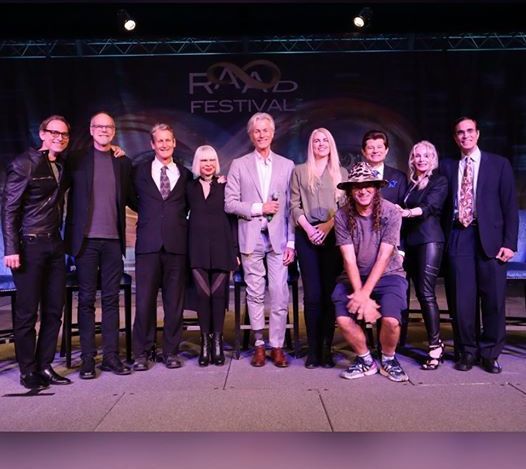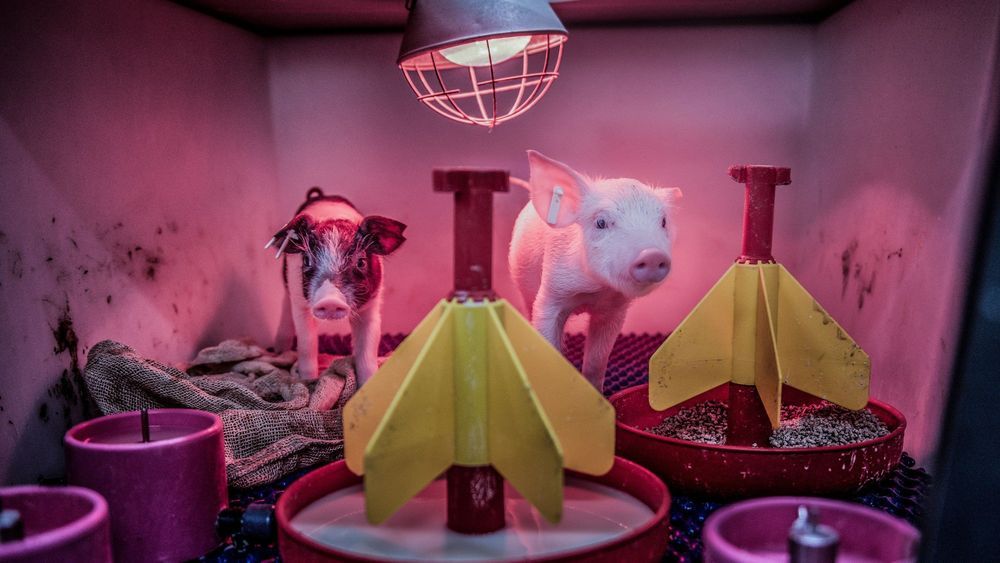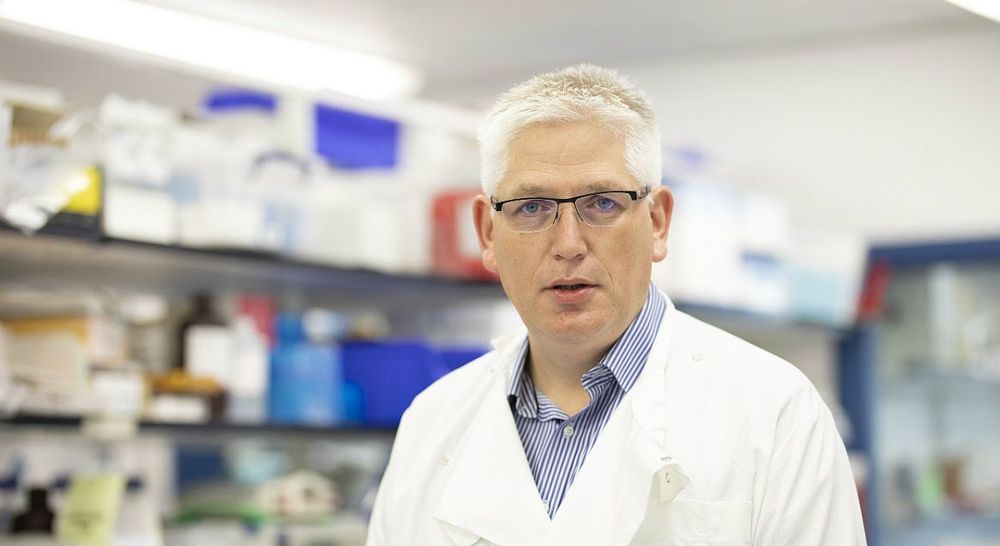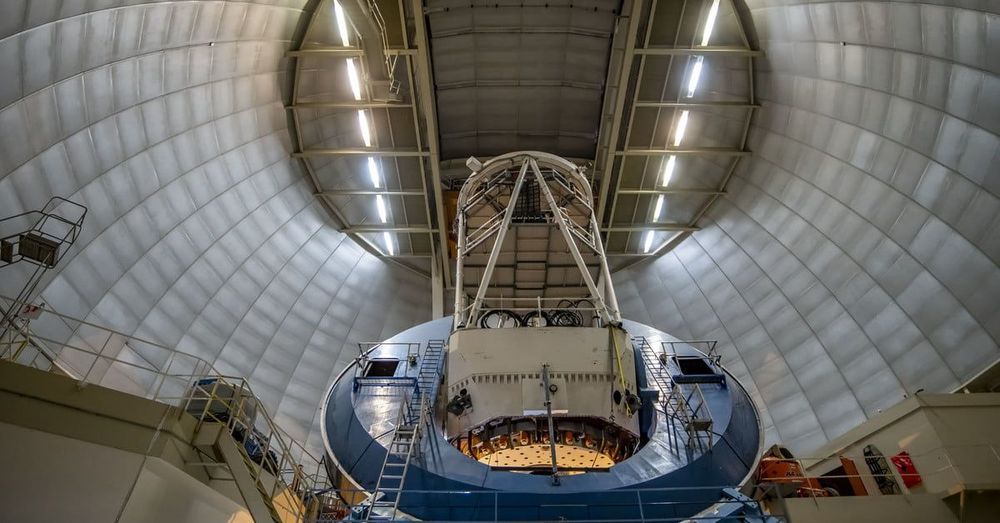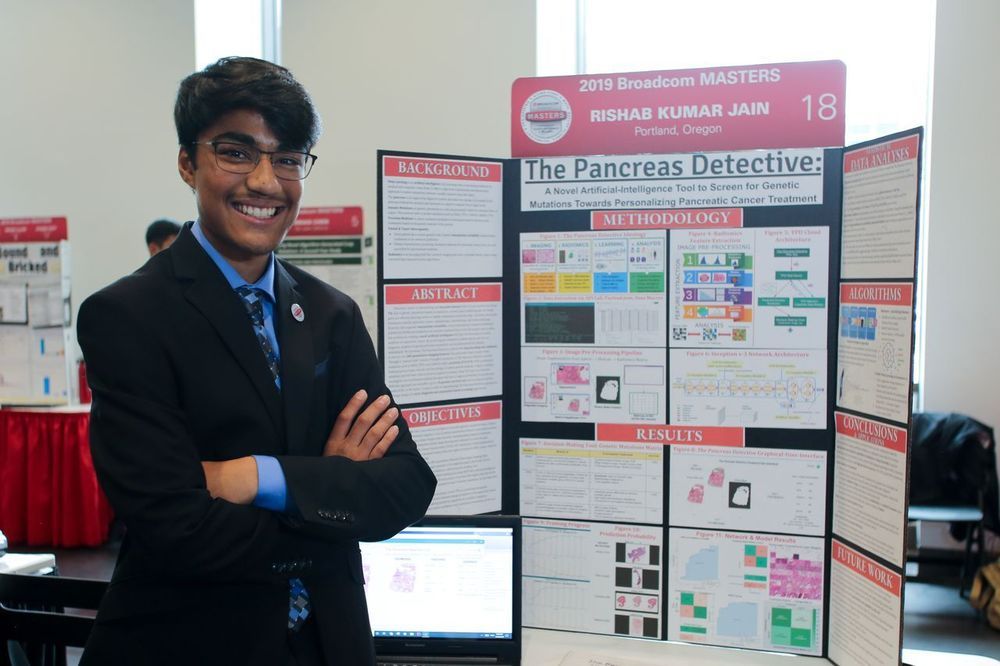Page 7417
Nov 2, 2019
Early Bird special for RAADfest 2020 is expiring Monday
Posted by Paul Battista in category: futurism
Nov 2, 2019
Meet the pigs that could solve the human organ transplant crisis
Posted by Paul Battista in categories: bioengineering, biotech/medical, food, sustainability
On a farm in Bavaria, German researchers are using gene editing to create pigs that could provide organs to save thousands of lives.
Nov 2, 2019
Rotavirus vaccine: A potential new role as an anticancer agent
Posted by Paul Battista in categories: biotech/medical, innovation
Very interesting.
Numerous vaccines, from flu shots to those those that help thwart chickenpox and measles, are widely used to guard against contagion, but researchers in France are proposing a breakthrough role for rotavirus vaccines: deploying them in cancer treatment.
Scientists from throughout France—Paris, Lyon, Villejuif and beyond—are part of a large research team that has asked a tantalizing question: Can rotavirus vaccines be repurposed to overcome resistance in cancer immunotherapy? The team is focusing on resistance that emerges to the form of cancer treatment known as checkpoint blockade immunotherapy.
Continue reading “Rotavirus vaccine: A potential new role as an anticancer agent” »
Nov 2, 2019
Discovery may help derail Parkinson’s ‘runaway train’
Posted by Paul Battista in categories: biotech/medical, genetics, nanotechnology
Researchers at the University of Dundee have made a discovery they believe has the potential to put the brakes on the ‘runaway train’ that is Parkinson’s disease.
The team, based at the Medical Research Council Protein Phosphorylation and Ubiquitylation Unit (MRC-PPU) in the School of Life Sciences, have discovered a new enzyme that inhibits the LRRK2 pathway. Mutations of the LRRK2 gene are the most common cause of genetic Parkinson’s.
Enzymes are molecular machines that regulate the biological processes required to maintain healthy functioning life. They can also be targeted by drugs to increase or decrease the level of certain activity –in this instance the LRRK2 pathway.
Nov 2, 2019
Magnetic City: A Walking Companion to New York
Posted by Quinn Sena in category: futurism
Enjoy features only possible in digital – start reading right away, carry your library with you, adjust the font, create shareable notes and highlights, and more.
Discover additional details about the events, people, and places in your book, with Wikipedia integration.
Ask Alexa to read your book with Audible integration or text-to-speech.
Nov 2, 2019
5000 Eyes Will Scan the Night Sky for Clues to the Puzzle of Dark Energy
Posted by Genevieve Klien in category: cosmology
The hunt for dark energy has gained a new weapon, with the first test of the Dark Energy Spectroscopic Instrument (DESI) being completed recently. DESI is installed atop the Nicholas U. Mayall Telescope at Kitt Peak National Observatory outside Tucson, Arizona and will search for evidence of the mysterious energy which makes up 68% of the universe and speeds up its expansion.
“After a decade in planning and R&D, installation and assembly, we are delighted that DESI can soon begin its quest to unravel the mystery of dark energy,” DESI Director Michael Levi of the Department of Energy’s Lawrence Berkeley National Laboratory said in a statement. “Most of the universe’s matter and energy are dark and unknown, and next-generation experiments like DESI are our best bet for unraveling these mysteries. I am thrilled to see this new experiment come to life.”
To compile the first image shown above, DESI used its 5,000 spectroscopic “eyes” which peer out into the night sky. Each eye can focus on a single object to take in the light it produces. In this case, the instrument collected data from a small region in the Triangulum galaxy.
Nov 2, 2019
NASA Is Considering Whether to Send an Orbiter to Pluto
Posted by Genevieve Klien in category: space
NASA is considering a return trip to the most hotly-contested body in our solar system and has awarded funding to the Southwest Research Institute (SwRI) to study the cost and feasibility of an orbiter mission to Pluto.
Following the success of the New Horizons mission which visited Pluto in 2015 and then traveled on to visit Kuiper Belt Objects (KBOs) including the most distant object ever explored, Ultima Thule, scientists want to go back to the dwarf planet to learn more about it. New Horizons had a limited payload so it could only perform a cursory analysis of Pluto and its moons. The new mission would involve sending a craft into orbit around the dwarf planet to gather data and hopefully answer some of the questions raised by the earlier mission.
NASA is funding the study as part of the Planetary Science Decadal Survey, a document that explores key questions in planetary science and is published every 10 to 15 years. The study will form part of the next survey, which is set to begin in 2020.
Nov 2, 2019
Genius, 14, wins $25,000 for car design that would install cameras to make blind spots nonexistent
Posted by Genevieve Klien in categories: engineering, mathematics, transportation
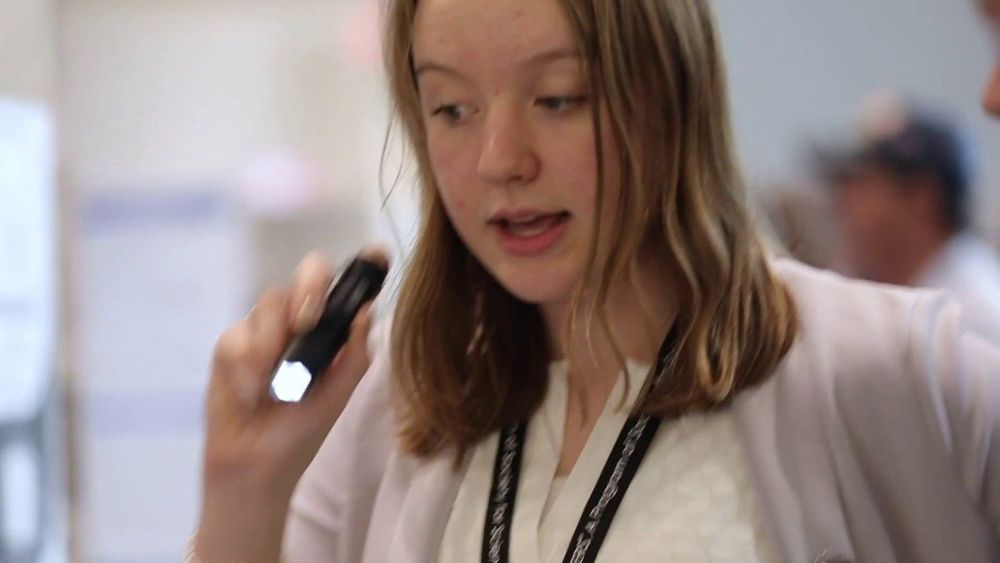
This is amazing, it will save many lives!
A 14-year-old Pennsylvania girl has come up with an innovative way to get rid of blind spots before she can even legally get behind the wheel.
Nov 2, 2019
Portland teen’s cancer detection project wins national prize; rural district wants 2020 bond, won’t say what it’s for: The week in education
Posted by Genevieve Klien in categories: biotech/medical, education, engineering, habitats, information science, mathematics, robotics/AI
A Portland teen won second place in a national technology contest, taking home $2,500 that he can use to attend science camp next summer.
Rishab Jain, 14, is a freshman at Westview High School. His winning project, which he calls the Pancreas Detective, is an artificial intelligence tool that can help diagnose pancreatic cancer through gene sequencing. The algorithm helps doctors focus on the organ during examinations, which is often obscured because it moves around the abdominal area as patients breathe and other bodily functions shift other organs as well.
Last year, the same project netted $25,000 from 3M when he attended Stoller Middle School. He used that money to fund his nonprofit, Samyak Science Society, which promotes science, technology, engineering and math education for other children, Time Magazine reported.

